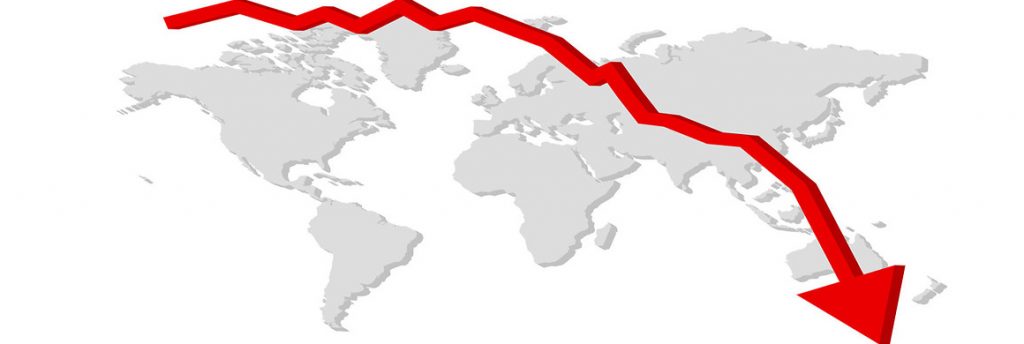The Global Financial Crisis and Its Aftermath: Quinlan Professor Pens Book About 2008 Global Financial Crisis

According to a new book co-edited by Quinlan School of Business Professor A. G. (Tassos) Malliaris, the instability of the human mind led to the formation and sheer magnitude of the 2008 global financial crisis. This hypothesis is explored and tested in The Global Financial Crisis and Its Aftermath: Hidden Factors in the Meltdown. The book focuses on the three factors that intensified the meltdown—economic, psychological and social values—and features chapters written by Federal Reserve Chair Janet Yellen, behavioral finance pioneer Hersh Shefrin and New York Times best-selling author Nassim Taleb.
Malliaris recently sat down with the Quinlan communications department for an interview in which he discussed the new book. Here are a few experts from that interview:
Malliaris was asked why he decided to write a book on the global financial crisis.
“With funding from the Chicago Mercantile Exchange Group, my colleagues and I organized an April 2013 conference that brought together experts to investigate the global financial crisis from the perspective of behavioral finance and ethical values. At the urging of the Oxford University Press, my colleagues and I decided to use 11 papers from the conference as a starting point, and continue our research to create an innovative book about the crisis.”
He was also asked why the book is of interest to businesses.
“I recommend that business executives read this book to gain necessary insight on the financial conditions that may lead to crises such as the formation of asset price bubbles, the role of monetary policies, and waves of overconfidence in economic growth. They also need to understand the psychology behind financial and economic crises. By knowing what causes economic crises, a business can take proactive steps to protect the company, employees, and customer base.”
Lastly, Malliaris had some advice for business students and professionals.
“The most important advice is the general belief that we follow at Quinlan, which is to do well by doing good. Most young people are told to measure career success and enjoyment by salary and bonuses, but if they correlate money with success, the idea of doing good gets neglected.”
“I tell my students that ethical business professionals should always give the loan when it’s deserved, but not give the loan when appropriate financial requirements are not met—even if by not giving the loan, you may not get the bonus. This advice will help students moderate challenges throughout their life and become successful by doing the right thing.”
You can read the full interview here.
